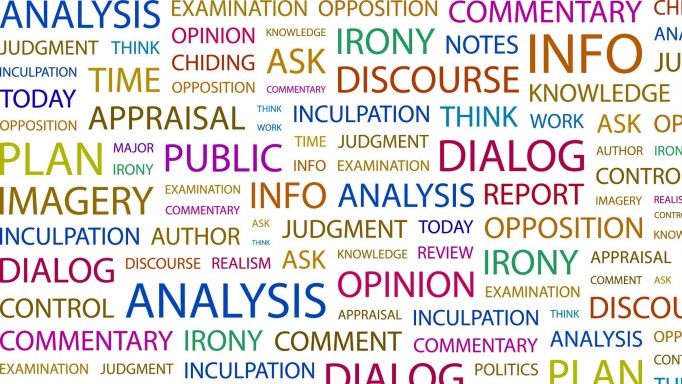Developing treatments for fatty liver disease is one of the most active—and most frustrating—areas of clinical research.
There are currently no effective approved medications for the treatment of metabolic dysfunction-associated steatotic liver disease (MASLD, formerly known as non-alcoholic fatty liver disease, or NAFLD) and its more advanced form, metabolic dysfunction-associated steatohepatitis (MASH, formerly known as non-alcoholic steatohepatitis, or NASH). There are many candidates in the pipeline, but numerous experimental medications that looked promising in early studies have not proved effective in larger clinical trials.
Linked to obesity and type 2 diabetes, fatty liver disease is increasingly recognized as a metabolic disorder. With no approved medical treatments, management relies on lifestyle changes such as maintaining a healthy weight, eating a balanced diet, limiting alcohol consumption, exercising regularly and getting enough sleep.
Regular monitoring and medical management of high blood sugar, abnormal cholesterol and high blood pressure may slow progression of fatty liver disease. Weight-loss medications such as semaglutide (Wegovy) and tirzepatide (Zepbound) may also help. In some cases, bariatric surgery may be an option.
People who have progressed to cirrhosis may need medications to manage edema (swelling), portal hypertension or hepatic encephalopathy. Liver cancer can be treated, especially if diagnosed at an early stage. If MASH has progressed to complete liver failure, a transplant may be considered.
Last Reviewed: November 13, 2023












